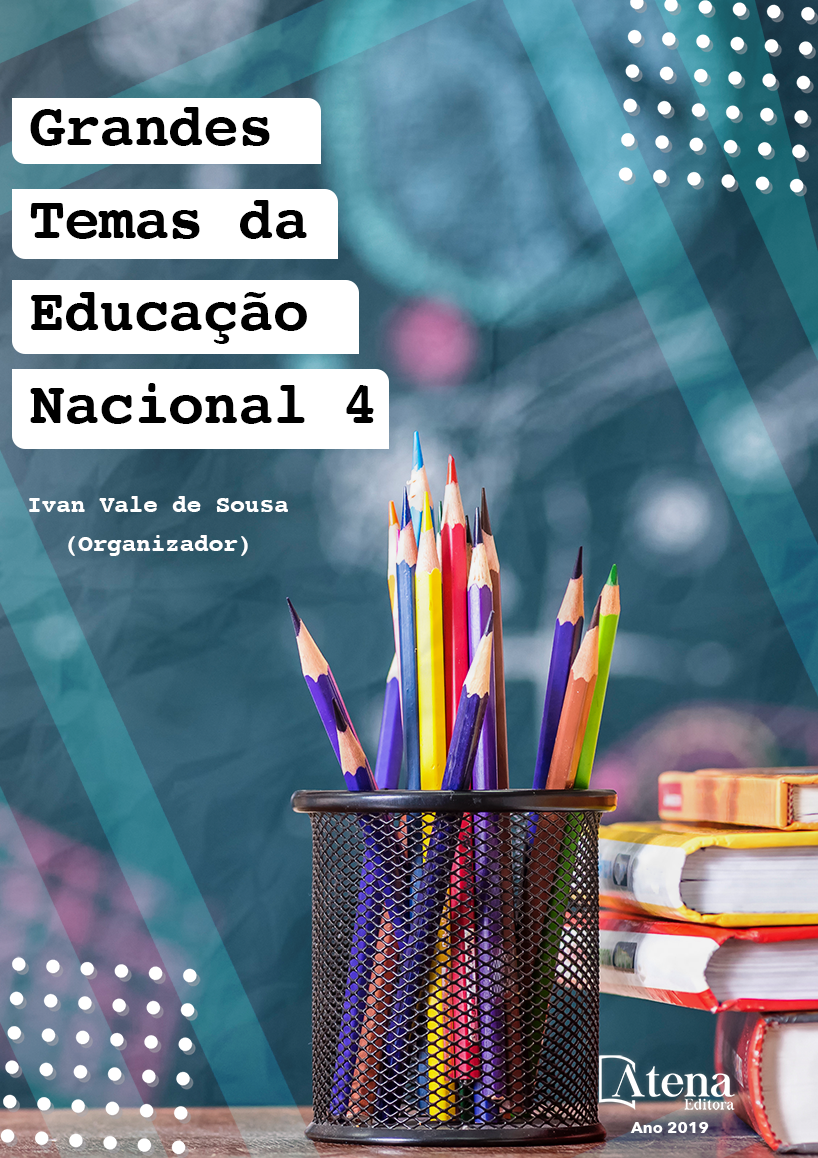
ADAPTAÇÃO AO U-LEARNING E O ALCANCE DA APRENDIZAGEM SIGNIFICATIVA
A Educação a Distância (EaD)
segue evoluindo, e baseada na Tecnologia da
Informação e Comunicação Móvel e Sem fio
(TIMS) chega a já reconhecida aprendizagem
ubíqua (u-learning). No entanto, pesquisas
apontam que ainda predomina a utilização
de sistemas de EaD tradicionais, ou seja,
aqueles que se configuram como ambientes de
aprendizagem estáticos, nos quais diferentes
perfis de estudantes são expostos a um
mesmo conjunto de material didático, a uma
mesma interface, e supondo até, a mesma
disponibilidade de recursos tecnológicos. Essas
mesmas pesquisas indicam a necessidade do
aprimoramento de técnicas e uso de soluções
tecnológicas que permitam o desenvolvimento
de capacidades relacionadas ao u-learning, para
o alcance da aprendizagem significativa. Sendo
assim, esta pesquisa propõe a adaptação de um
ambiente virtual de aprendizagem sobre o qual
pode-se estabelecer processos instrucionais
visando a aprendizagem significativa. Neste
sentido, recursos e tecnologias relacionados
ao u-learning foram levantados, bem como
capacidades relacionadas aos novos papeis e
perfis de estudantes/aprendizes e professores/
tutores na atual era digital. A pesquisa foi
desenvolvida em uma Instituição da rede pública
de ensino e dela participaram 33 estudantes
de cursos técnicos. Os resultados apontaram
que todas as dimensões da aprendizagem
significativa em função do u-learning,
alcançaram uma média maior que 9 (nove),
mostrando que a adaptação ao u-learning
promoveu uma aprendizagem significativa.
ADAPTAÇÃO AO U-LEARNING E O ALCANCE DA APRENDIZAGEM SIGNIFICATIVA
-
DOI: 10.22533/at.ed.3401902042
-
Palavras-chave: Aprendizagem ubíqua. Educação a Distância. Tecnologia da informação.
-
Keywords: Ubiquitous learning. Distance Education. Information Technology.
-
Abstract:
Distance Education (DE)
continues to evolve, and based on the
Information Technology and Mobile and Wireless
Communication reaches the already recognized
ubiquitous learning (u-learning). However,
research indicates that the use of traditional DE
systems still predominates, that is, those that are
configured as static learning environments, in
which different profiles of students are exposed
to the same set of didactic material, to the
same interface, and even assuming, the same
availability of technological resources. These
same surveys indicate the need to improve
techniques and use of technological solutions
that allow the development of capabilities related
to u-learning, to reach meaningful learning.
Thus, this research proposes the adaptation of
a virtual learning environment on which one can
establish instructional processes aiming at meaningful learning. In this sense, resources
and technologies related to u-learning have been raised, as well as capabilities related
to the new roles and profiles of students / apprentices and teachers / tutors in the
current digital era. The research was developed in an Institution of the public network
of education and 33 students of technical courses attended it. The results showed that
all dimensions of learning as a function of u-learning reached an average of more than
9 (nine), showing that adaptation to u-learning promoted significant learning.
-
Número de páginas: 15
- Márcia Cristina de Aquino Passos
- Márcia Crisitina de Aquino Passos


